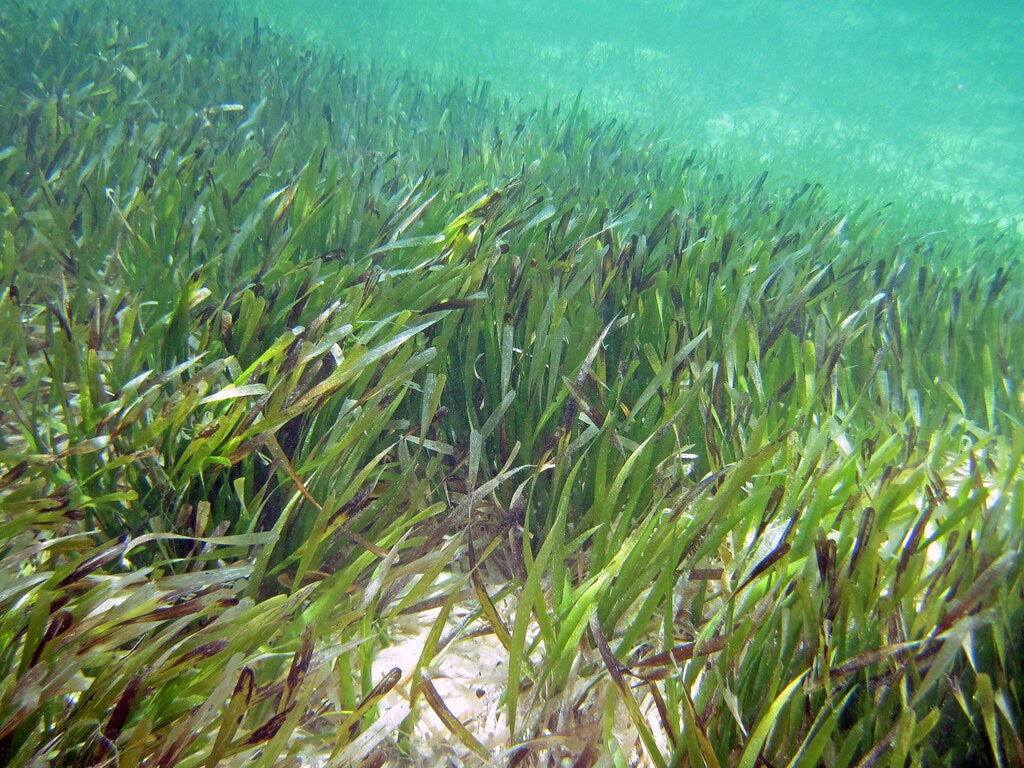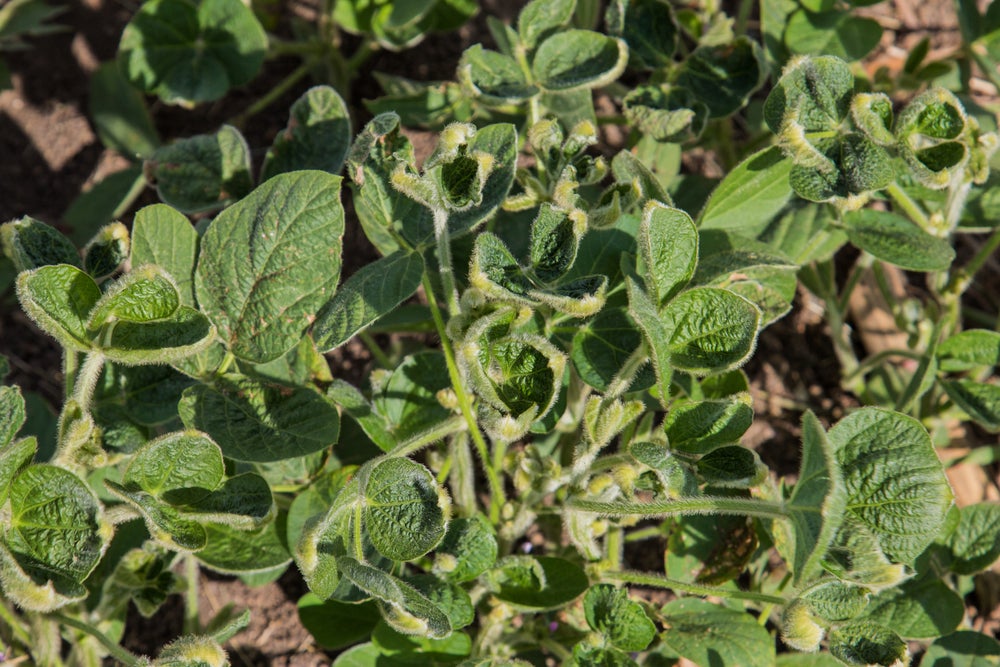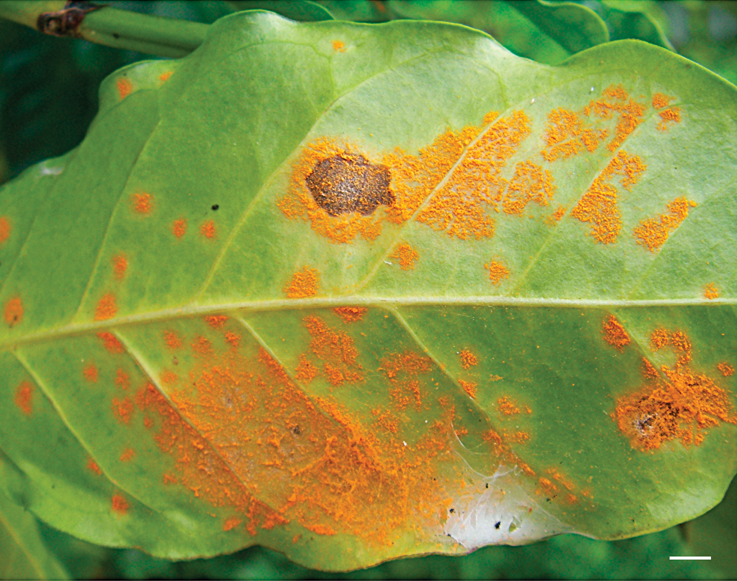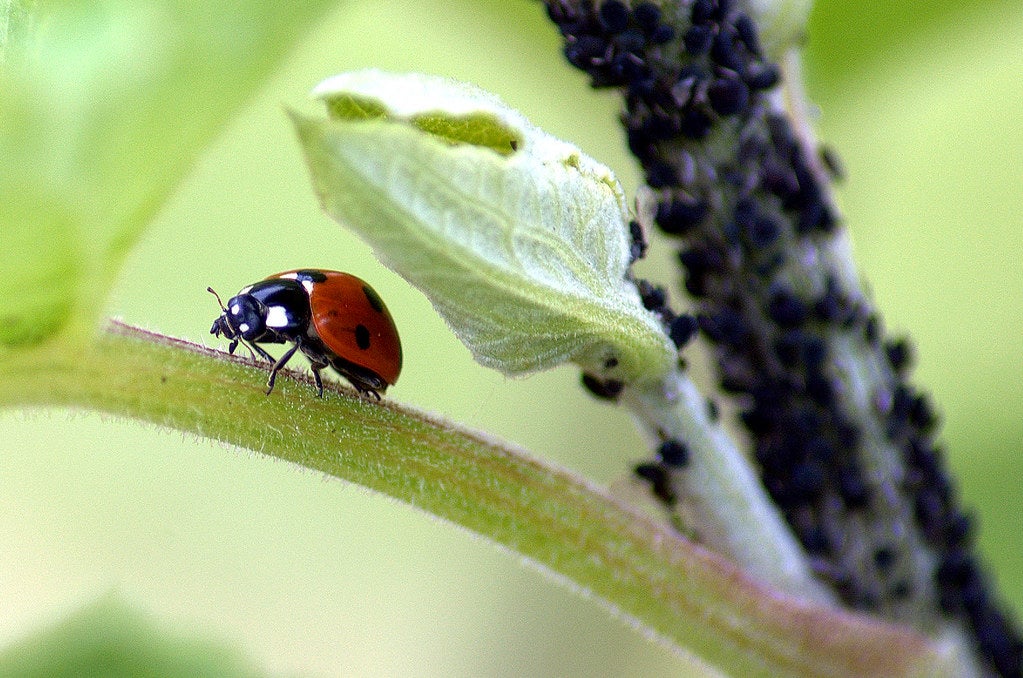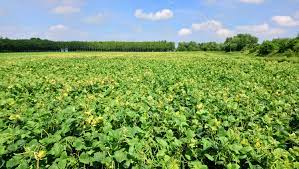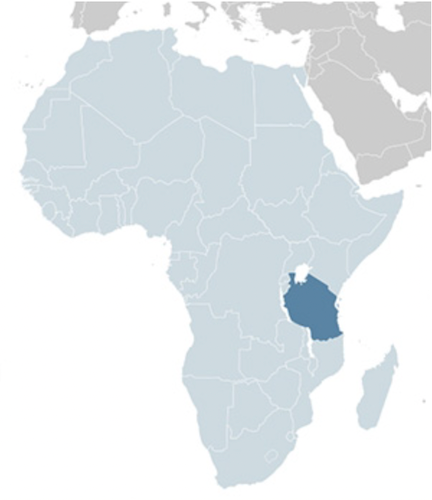Effect of Climate Change Impact Menu Labels on Fast Food Ordering Choices Among US Adults: A Randomized Clinical Trial
Published originally here on December 27th, 2022. Julia Wolfson, Aviva A. Musicus, Cindy W. Leung Key Points Question What effects do positive and negative climate impact menu labels have on the environmental sustainability of adult restaurant food choices in a nationally representative sample? Findings In this randomized clinical trial with 5049 US adults, 23% more participants in […]



